Afghanistan is in turmoil. The democratic government installed by the US collapsed after 20 years. This government was a result of a US-led attempt to modernize and reform Afghanistan. However, this Kabul regime lost popular support because of pervasive corruption and fell even before the last US troops left in 2021.
In the first part of this discussion, we talked about the history of Afghanistan’s monarchy. In this second part, Barfield talks about the civil wars that have shaped Afghanistan over the last 50 years.
The communists saw themselves as the successors of the modernizing King Amanullah Khan. After overthrowing President Daoud Khan, they attempted to institute socialism. They found themselves unable, however, to impose order on the country.
Soviet leader Leonid Brezhnev decided to intervene. Despite misgivings, Brezhnev-led Moscow invaded Afghanistan in the hope to clean house and declare victory. The Soviet 1979 invasion turned into a ten-year slog that left one million Afghans dead. When the final Soviet troops left Afghanistan in 1989, they left behind a friendly leader in place. The former Soviet ally Mohammad Najibullah held on till 1992, but the collapse of the Soviet Union in 1991 sealed his fate.
Najibullah negotiated a deal with the anti-communist mujahideen rebels. What resulted was a situation where communists and Islamists shared power along ethnic lines, rather than ideological ones. However, warlords soon came to control the country and the country disintegrated into savage civil war.
The chaos destroyed the mujahideen’s reputation as victorious jihadis. The Taliban arose out of the southern city of Kandahar and with Pakistan’s backing took over much of the country, pushing back the warlords. In 2001, the Taliban found its control over Afghanistan threatened because of the September 11, 2001 attacks on New York and Washington, DC.
Because the Taliban would not give up Osama bin Laden to the US, President George W. Bush launched an invasion of Afghanistan. Most of the country sided with the US and troops of the Northern Alliance captured Kabul within a few weeks.
The US established a democracy but the leaders Washington installed inspired little confidence. Elections occurred but there was little connection between politicians and the people in a country with little tradition of democracy. Assured of US backing, politicians had little to fear and stole the money generously coming from Washington. Misgovernance and corruption were rife. In this strange US-created democracy, politicians did not need popular support and made no attempt to win it.
Within a few years, the people of Afghanistan realized that no reform was in the offing. Presidents behaved like kings, ruling selfishly from palaces in Kabul and siphoning away the foreign aid.
Barfield explains that there are two kinds of corruption. Some leaders use money to buy power. Others, like those in Kabul, used power to buy money. What was left at the end was a state sucked dry of all authority, which enriched a few men who fled the country when their game was up.
Afghanistan: A Cultural and Political History published by the Princeton University Press. You can buy the book here.
[Anton Schauble wrote the first draft of this piece.]
The views expressed in this article/video are the author’s own and do not necessarily reflect Fair Observer’s editorial policy.











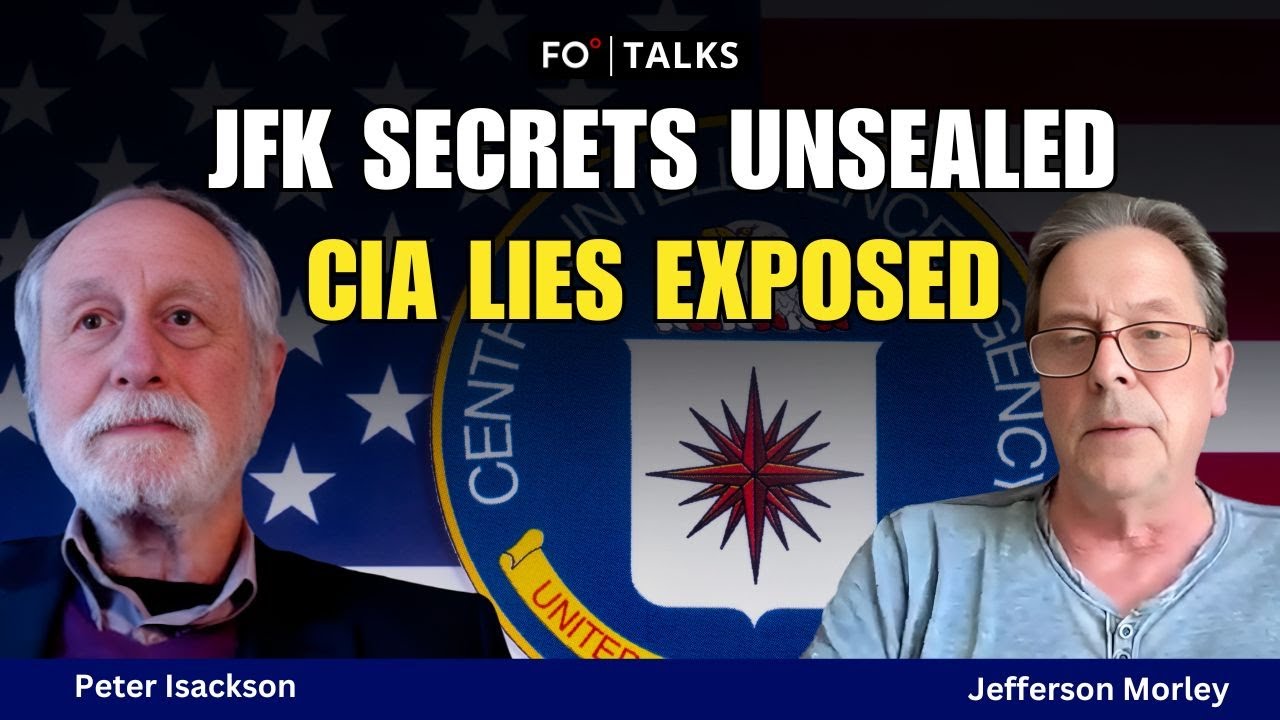








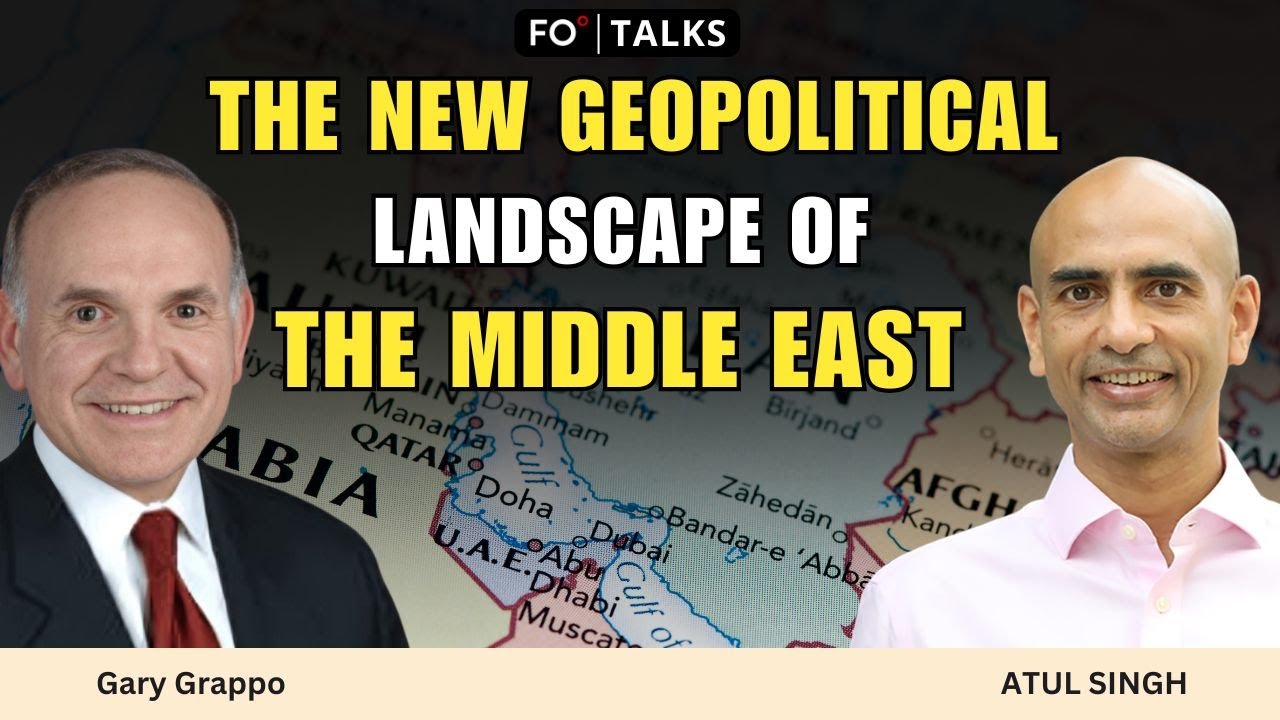




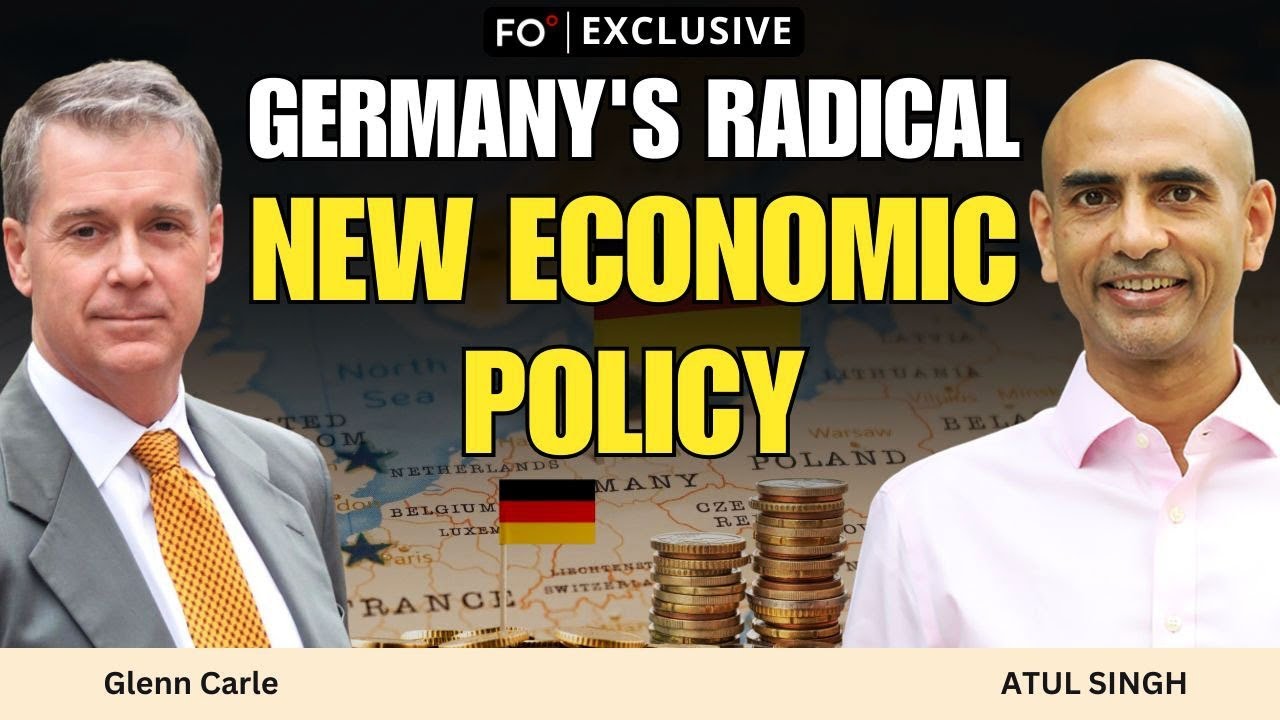
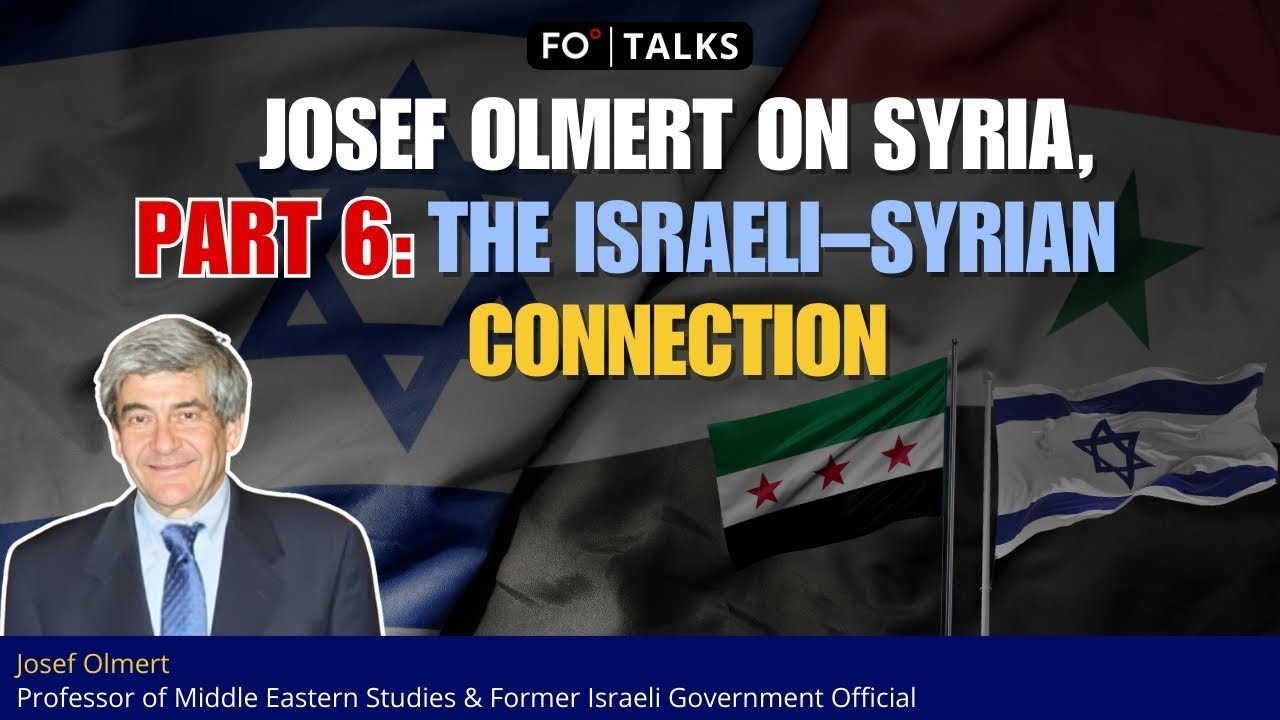




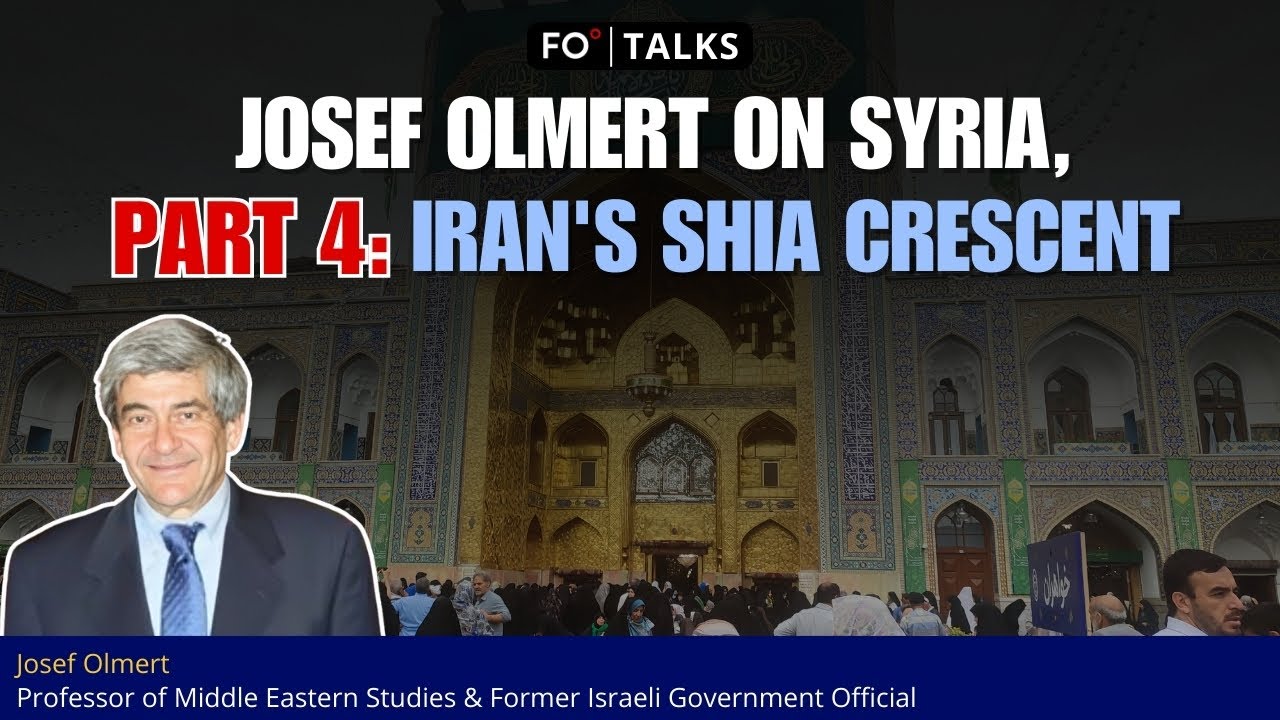




Comment